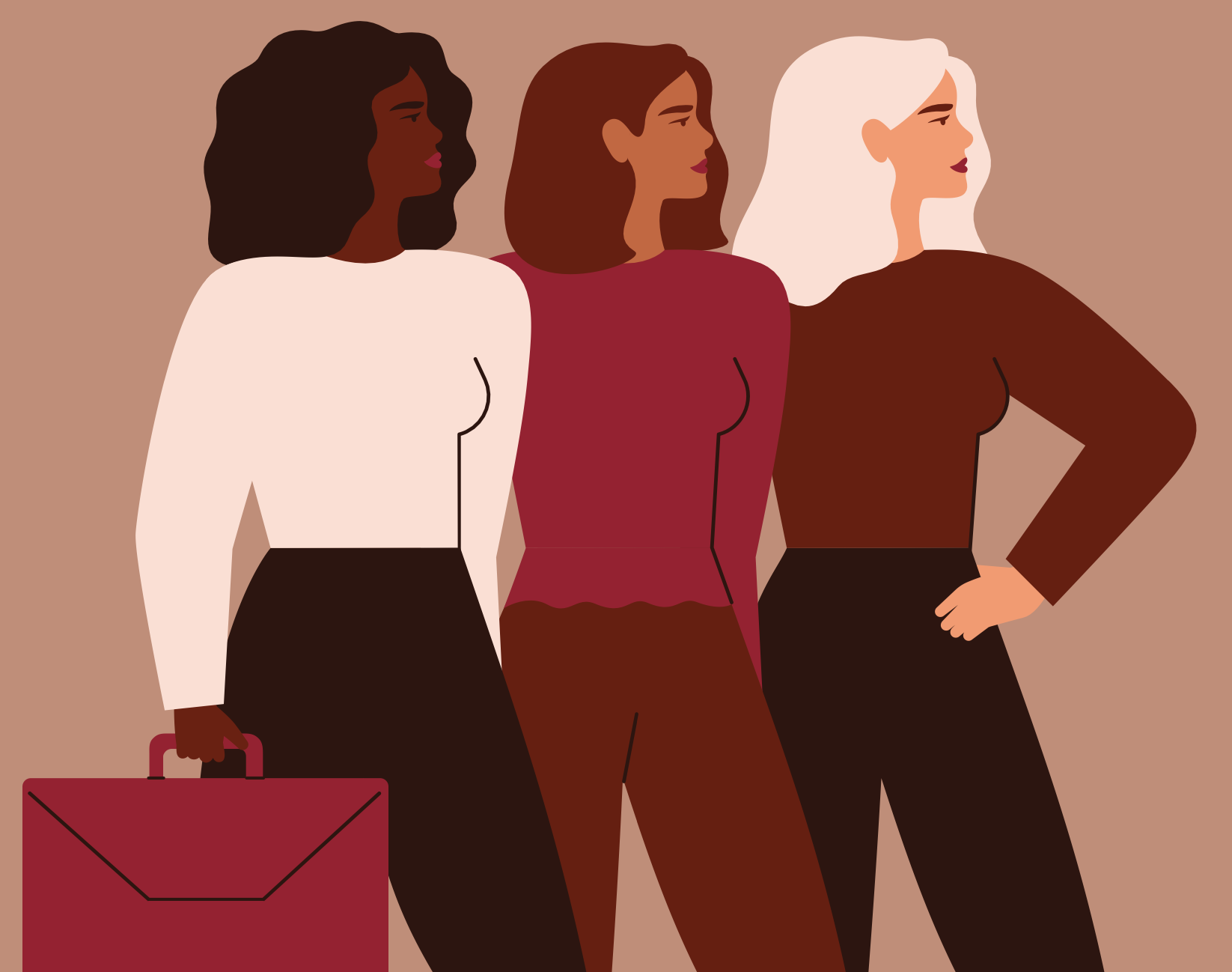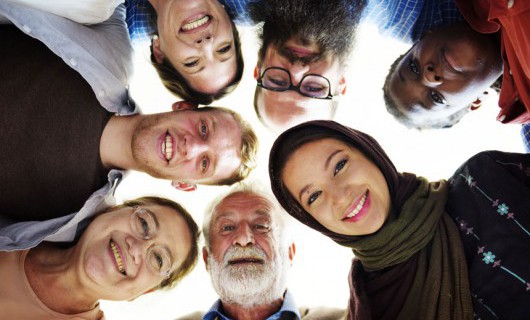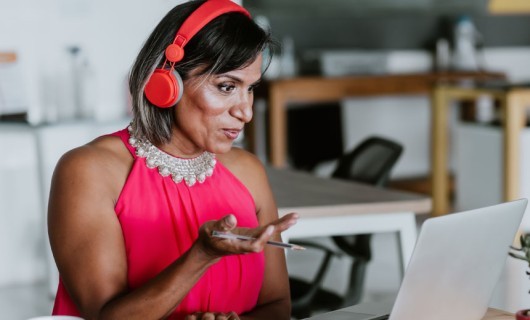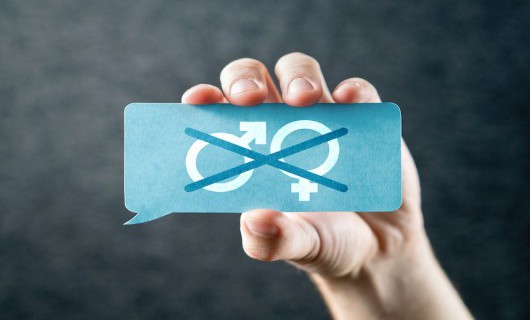Speak up and raise awareness about gender inequality issues, whether it’s through social media or conversations with friends and family.
International Women's Day is a global event celebrated in over 100 countries to honour the progress made towards gender equality and to raise awareness of the ongoing issues facing women worldwide. However, despite the progress that has been made, 2.4 billion women of working age continue to face barriers to equal economic opportunities. Furthermore, legal restrictions exist in 178 countries that prevent women from fully participating in the economy, which highlights the ongoing need for systemic change.
Unfortunately, women across the world still face a range of issues that are rooted in the patriarchal system, including experiencing domestic violence, rape, poverty, and objectification. These issues are particularly pronounced in developing countries, where women are more likely to face discrimination and violence. Addressing these problems requires a concerted effort from governments, businesses, and individuals alike; by promoting women's rights and supporting women's economic empowerment, we can help to create a more just and equitable society for all.

The gender pay gap is one of many issues in gender inequality and it’s not going away anytime soon. According to the Global Gender Gap Report 2022, at the current rate of change, it will take another 132 years to close the global gender gap. In the UK alone, the gender pay gap for full-time employees currently stands at 8.3%. This pay gap is driven by many factors, including occupational segregation, a lack of flexible working hours, and discrimination in pay systems. Additionally, socioeconomic and technological changes have impacted the workforce, often in ways that disproportionately disadvantage women. Economic shocks, such as recessions or pandemics, can also have a significant impact on gender gaps as women may be more likely to lose their jobs or have their hours reduced.
Unfortunately, it doesn’t stop there -according to the Trades Union Congress (TUC), the gender pay gap increases dramatically after women have children. The TUC's analysis of official data shows that, on average, women in all forms of paid employment earn £29,684 per year, while men earn £35,260 per year. This 15% disparity is just one more figure which highlights the ongoing issue of gender inequality in the workforce and the need for continued efforts to address this problem.

Female entrepreneurs
Only 1 in 3 UK entrepreneurs are women and, although the number is increasing, women-owned businesses are still in the minority, facing significant barriers.
Female business owners face challenges in accessing funding for their business ideas compared to their male counterparts. Statistics show that all-women founding teams received only 1.4% of the €23.7 billion invested into UK start-ups in 2021, while all-male leadership teams took almost 90% of the available capital. This highlights the need for more support and resources for female entrepreneurs to overcome financial barriers and to level the playing field for both men and women in the business world.
What can you do?
So, what can we do to address these issues? Here are some actionable steps we can take to promote gender equality:
Seek out and support women-owned businesses, both locally and globally.
Advocate for flexible working policies within your own workplace or industry. This could include working from home or flexible hours that accommodate personal responsibilities.
Consider donating to organisations that support women, such as domestic violence shelters or organisations that provide resources for female entrepreneurs.
Take the time to celebrate the achievements of the women in your life, whether it’s a friend or family member or a public figure who inspires you.
Conclusion
International Women’s Day gives us all the opportunity to celebrate and champion the great things accomplished by women - throughout history up until the present day, in business and in the arts, in our communities and our families. By contrast, it is also a salient reminder that almost half of the global population are disadvantaged simply by chance of birth.
In our progressive world, society at large is still grappling with many complex and difficult issues - education, health, gender identity, sexuality, race, poverty, and violence. It’s important to remember that within any marginalised group afflicted by these matters, the percentage of those who are women find themselves disadvantaged from the get-go, again through no fault of their own. One-half of the population is always starting at least a step behind – it's important for the other half to recognise this and offer a helping hand wherever and whenever possible.





